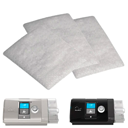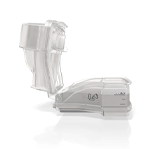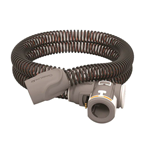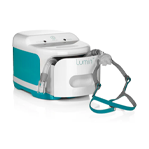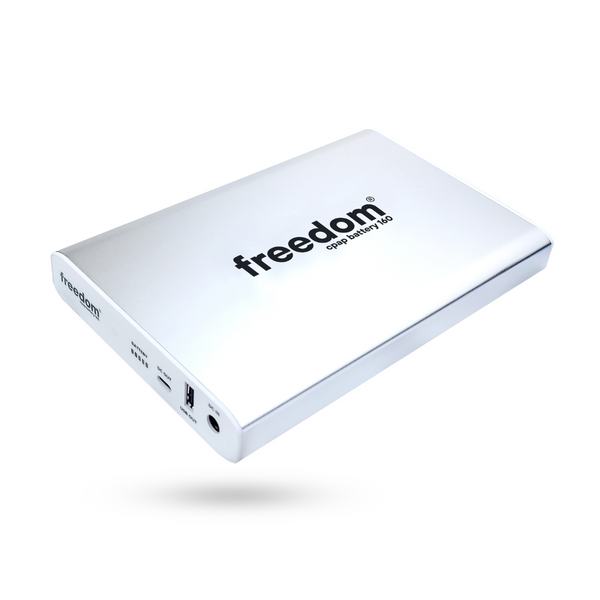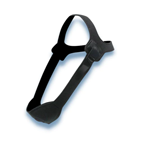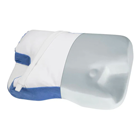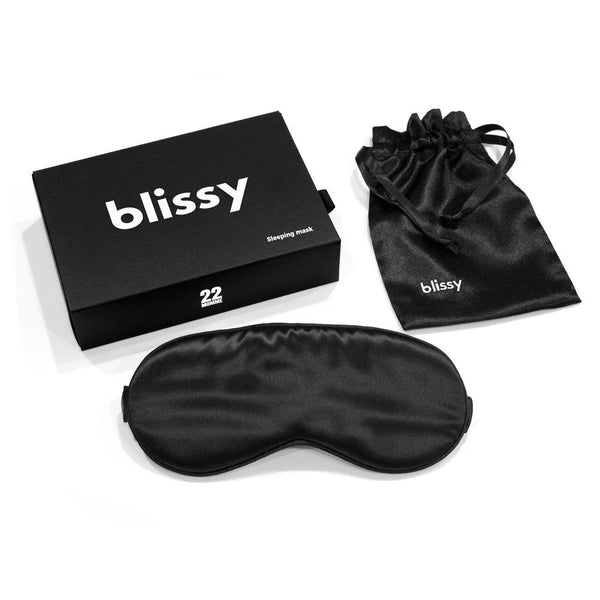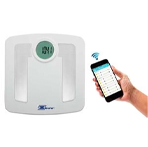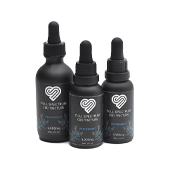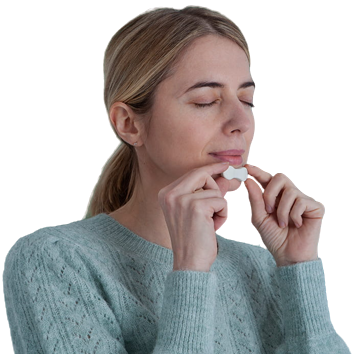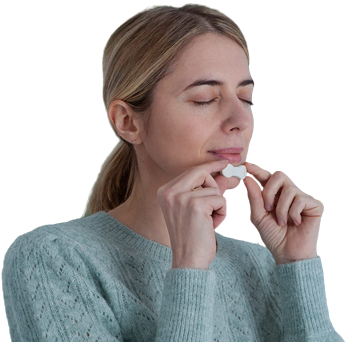Is mouth taping the secret to a better night's sleep? This unconventional practice is gaining traction, with many claiming it can improve sleep quality, reduce snoring, and even enhance overall well-being. But does the science back up the hype? Let's dive in.
The Science Behind Mouth Taping
The core concept is simple: by preventing mouth breathing and encouraging nasal breathing, mouth taping can lead to a host of benefits.
- Snoring Reduction: Numerous studies have linked mouth breathing to snoring. A study published in the Journal of Clinical Sleep Medicine found that up to 67% of participants experienced a significant reduction in snoring when using mouth tape.
- Improved Sleep Quality: Nasal breathing is often associated with deeper, more restorative sleep. Research suggests that individuals who primarily breathe through their nose tend to have higher sleep efficiency and fewer sleep disturbances.
- Enhanced Oxygen Intake: Your nasal passages are designed to filter and humidify air, ensuring your lungs receive clean, warm oxygen. This can lead to improved oxygenation, which is essential for overall health and well-being.
- Reduced Dry Mouth: Mouth breathing can lead to chronic dry mouth, a condition affecting millions of people. By encouraging nasal breathing, mouth taping can help alleviate this discomfort and potential oral health issues.
Mouth Taping and Sleep Apnea
While mouth taping isn't a cure for sleep apnea, it can be a helpful adjunct to traditional treatments like CPAP therapy and nasal masks.
- Boosting CPAP Effectiveness: For those using CPAP, mouth taping can prevent air leaks, ensuring optimal pressure delivery. A study in the American Journal of Respiratory and Critical Care Medicine found that mouth leaks can reduce the effectiveness of CPAP therapy by up to 25%.
- Complementing Nasal Masks: Combining mouth taping with a nasal mask can provide extra support for nasal breathing, potentially enhancing comfort and sleep quality.
Important: If you have severe sleep apnea, mouth taping is not a replacement for prescribed treatments. Always consult with a healthcare provider for personalized advice.
How to Start Mouth Taping Safely
- Consult Your Doctor: Especially if you have underlying health conditions, it's essential to get medical clearance before starting.
- Choose the Right Tape: Opt for a hypoallergenic, breathable tape designed for skin-safe use.
- Start Gradually: Begin with short durations and gradually increase the time you wear the tape.
- Monitor for Discomfort: If you experience any irritation or difficulty breathing, remove the tape immediately.
- Prioritize Oral Hygiene: Good oral care is crucial, especially when using mouth tape.
The Verdict: Is Mouth Taping Right for You?
While the research on mouth taping is still developing, the potential benefits are intriguing. If you struggle with snoring, dry mouth, or mild sleep apnea, it might be worth exploring under the guidance of a healthcare professional. Remember, individual experiences vary, and what works for one person may not work for another.

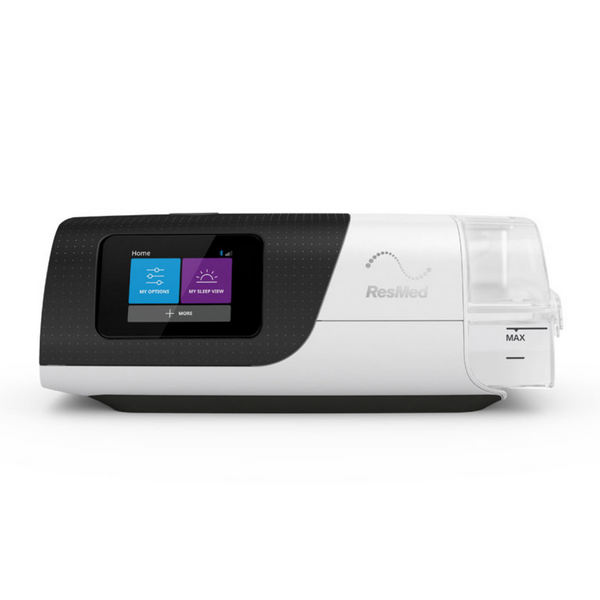
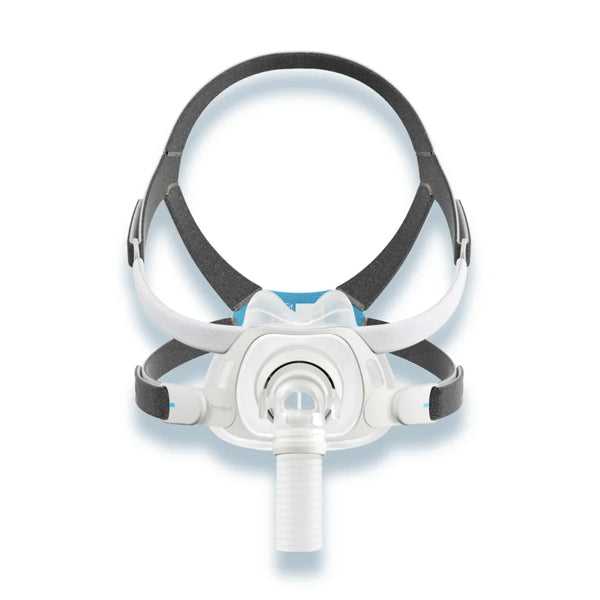
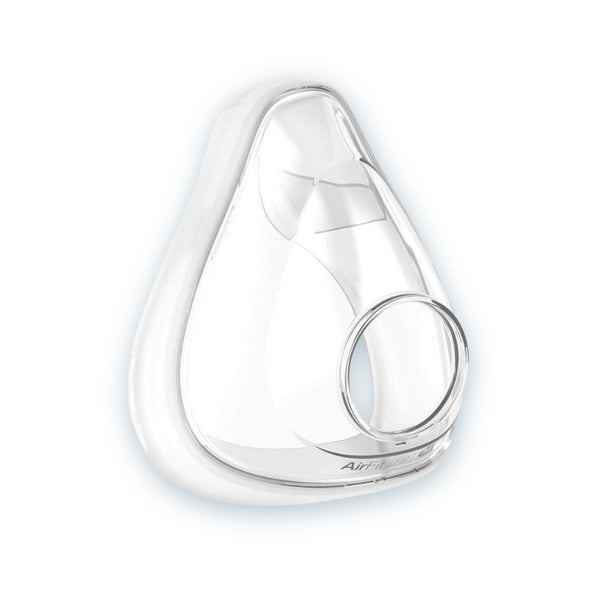
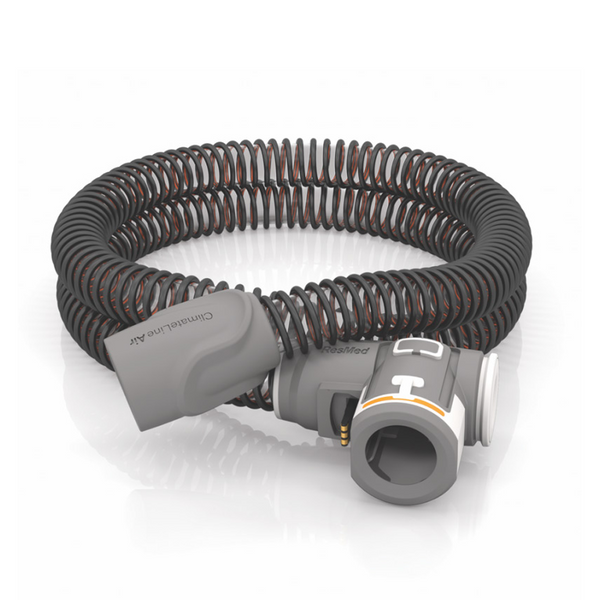
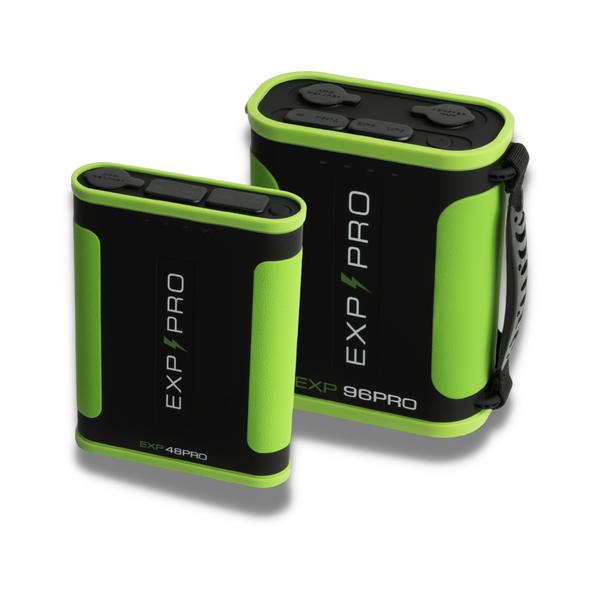

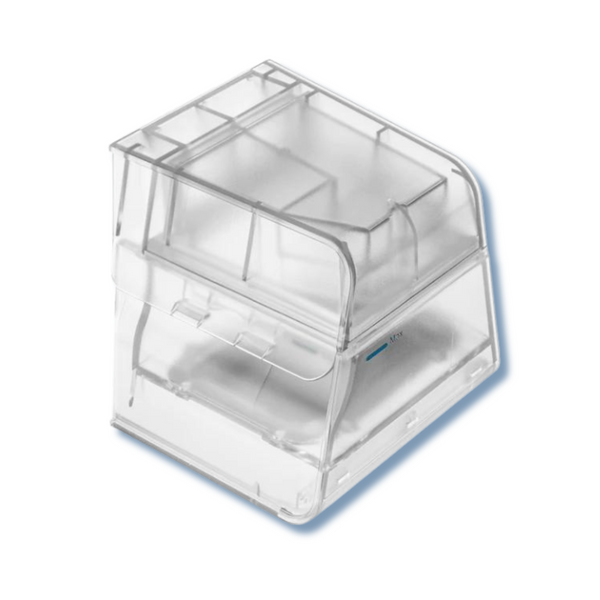
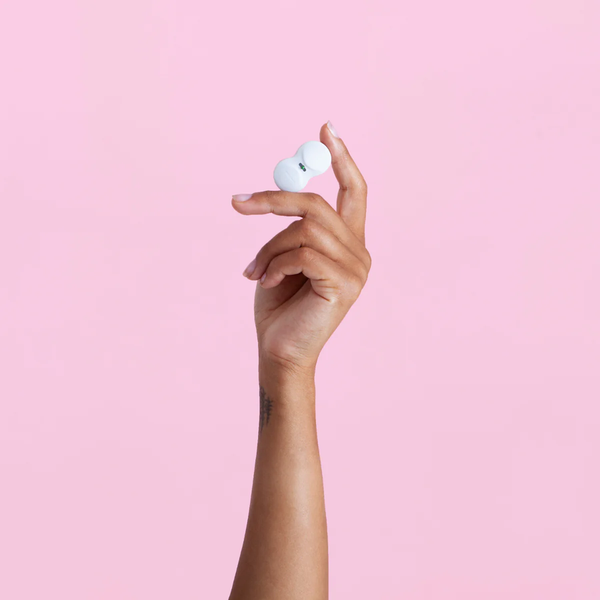
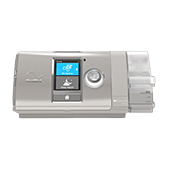
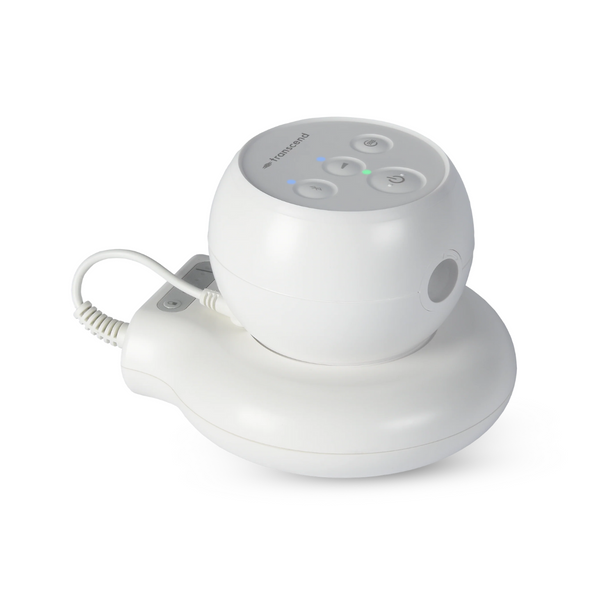
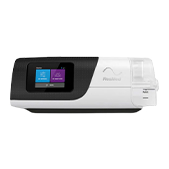
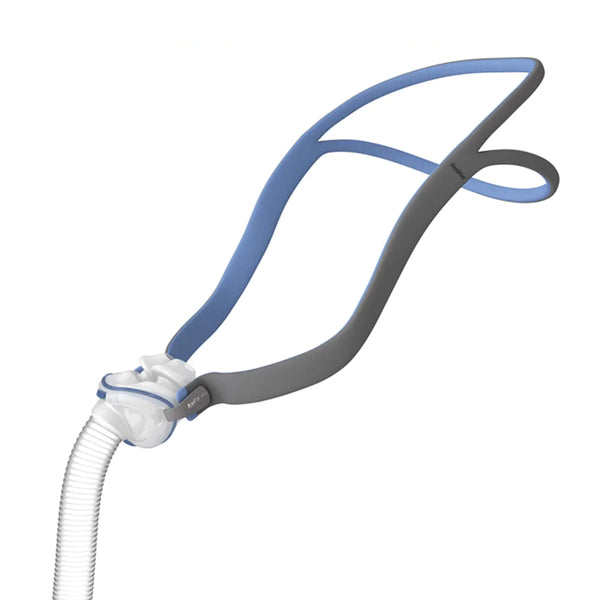
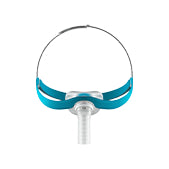
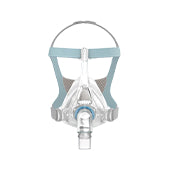
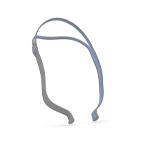
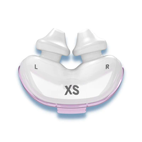
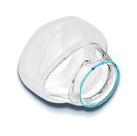
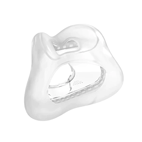
![[subscription]](http://heartstrongsleep.com/cdn/shop/files/Group_30_6a2ee5b7-7d1a-49f1-855d-428a7cb5358f.png?v=1733846466&width=600)
